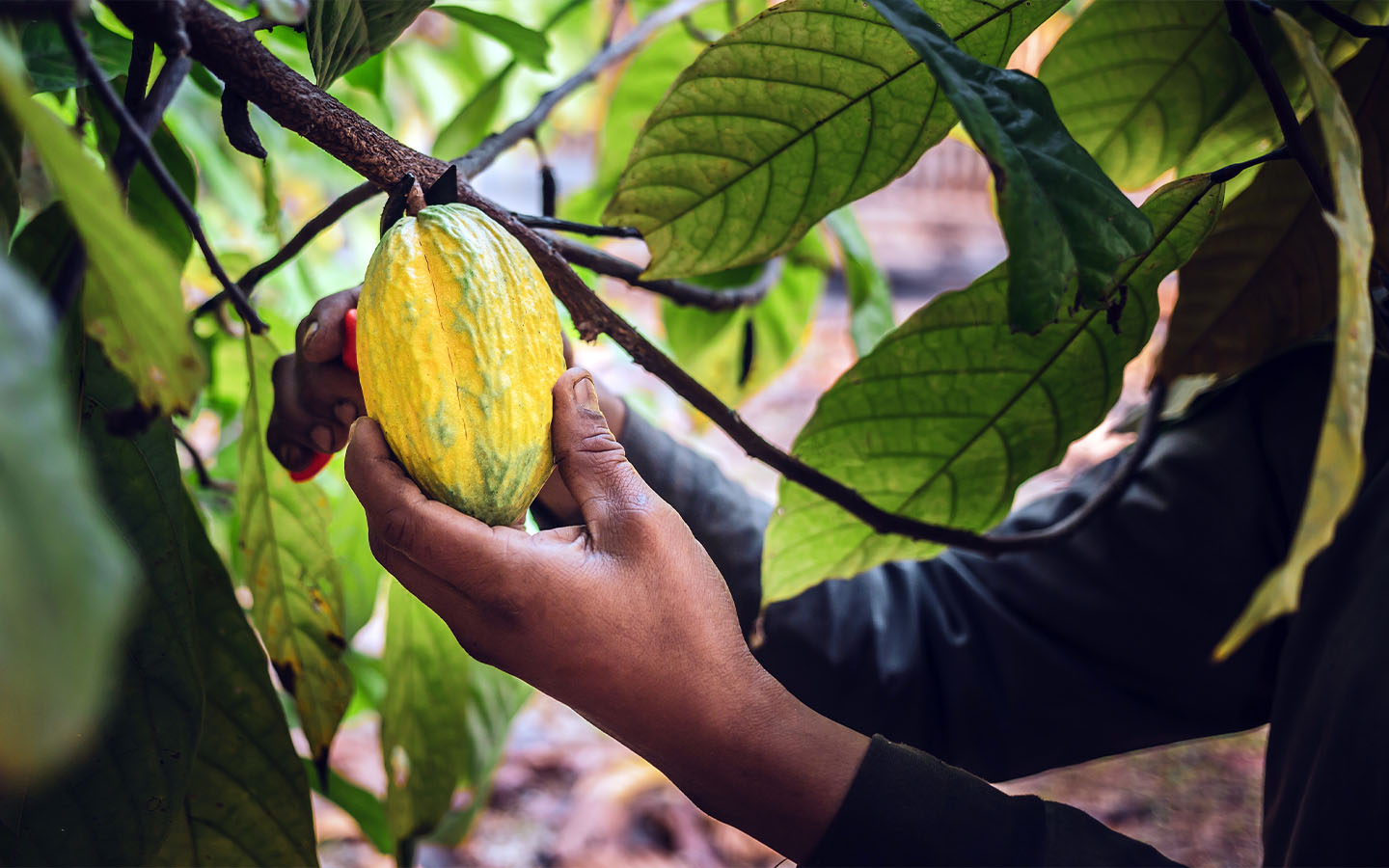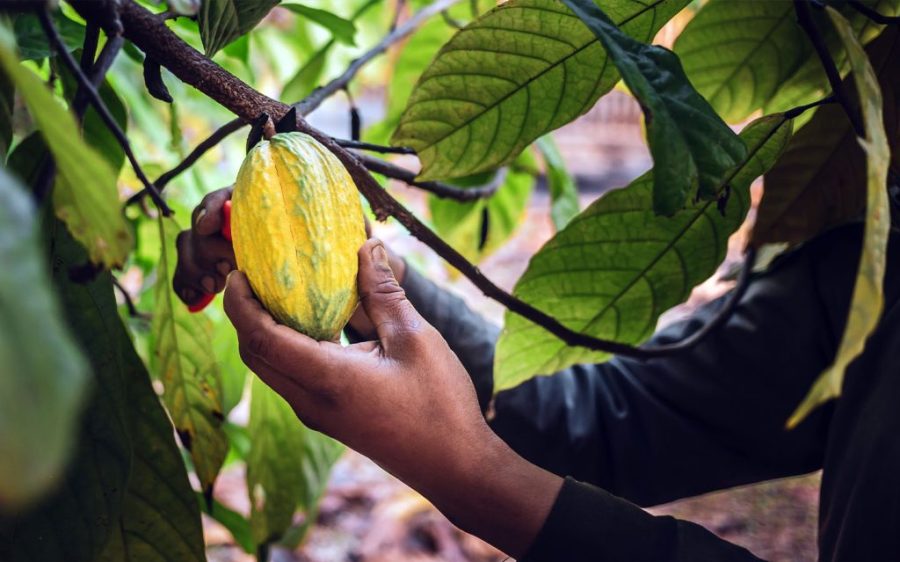The Brazil Africa Institute has announced that 50 Angolan youth will head to Brazil later this month to train in one of the country’s leading cocoa production regions, according to the Portuguese news agency Lusa.
The delegation of 50 young Angolans will train in Ilhéus and Itabuna, cities in the northeastern Brazilian state of Bahia, from 7 to 18 April as part of the Youth Technical Training Program (YTTP), a triangular cooperation initiative between Angola, Brazil and the United Arab Emirates. There they will learn practical skills and technical knowledge, and gain access to innovative techniques and best practices in the sector.
“In addition to strengthening the cocoa value chain in Angola,” Brazil Africa Institute (IBRAF) President João Bosco Monte explained to Lusa, “the programme aims to increase the country’s competitiveness in the international market by promoting the exchange of experiences, technological innovation, and the development of more resilient and sustainable agriculture.”
[See more: Landmark educational cruise seeks to retrace historical slave route]
The institute aims to train 1,000 African youths by the end of 2026. Youth in Guinea-Bissau are next in line, scheduled for a 12-day training programme on the cashew production chain in May, with countries like Mozambique, Cabo Verde, and São Tomé and Príncipe flagged by Monte as presenting “significant potential for future editions of the programme.”
Angola expects to soon produce 2,000 to 3,000 tons of cocoa annually, with a longer-term goal of 200,000 tons a year. Cooperation with cocoa growers in Brazil, São Tomé and Côte d’Ivoire (the world’s largest cocoa producer), is further paving the way for growth in the industry, identified as an emerging investment opportunity last year by the United National Development Programme (UNDP) in Angola.
One of the biggest obstacles noted by the report is strong competition in the international market – but that may be changing. Demand for cocoa and chocolate is rising and is expected to top US$67 billion by 2028, but key growing areas are facing production shortfalls, which may offer an opening for Angola to break into the industry.






